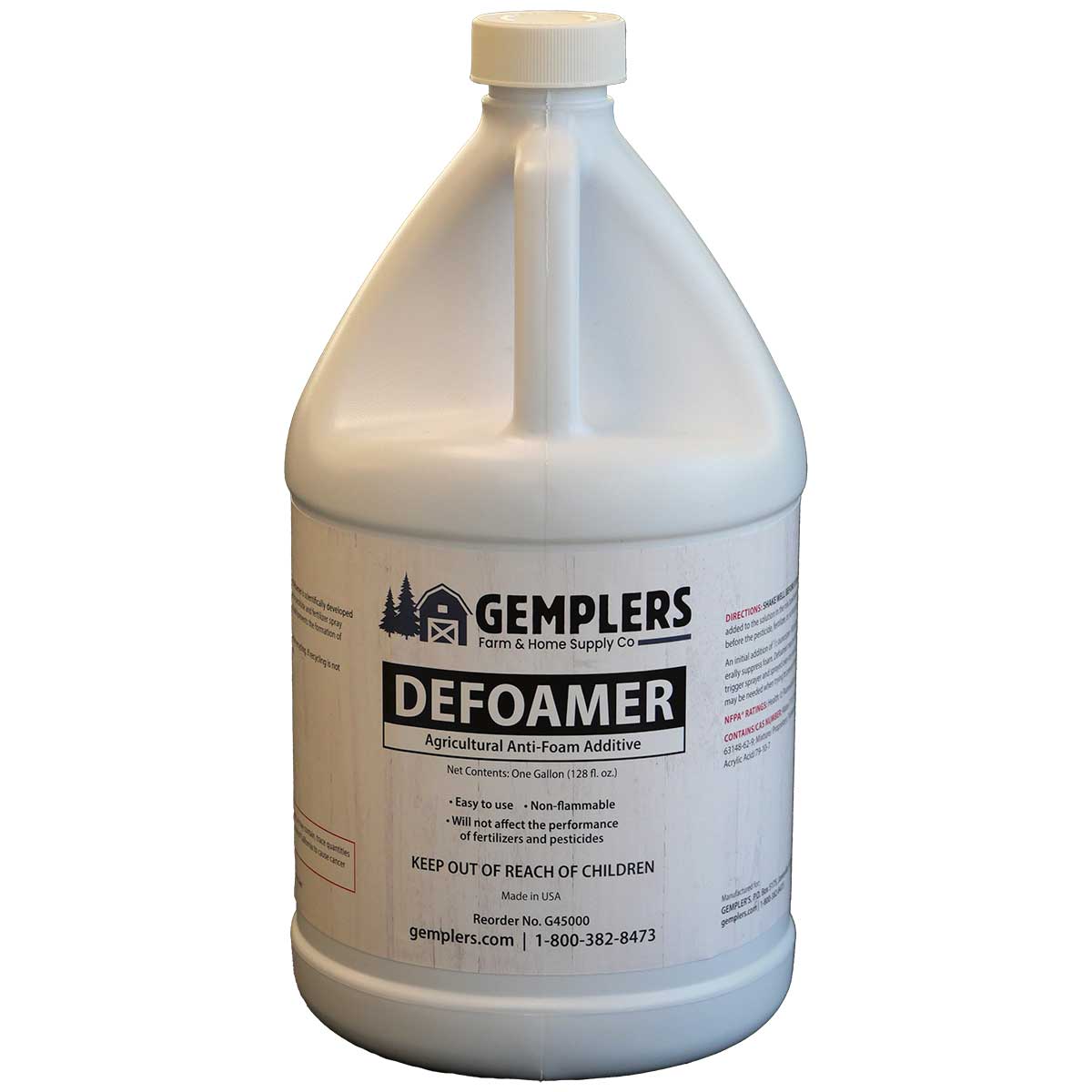The Application of Defoamers in the Pulp and Paper Industry
The Application of Defoamers in the Pulp and Paper Industry
Blog Article
The Function of Defoamers in Enhancing Product Quality and Efficiency
Defoamers offer as important additives that minimize this problem, ensuring smoother production process while improving the practical and aesthetic attributes of the last items. The option of the proper defoamer can be vital to attaining optimum outcomes, raising essential concerns regarding formula compatibility and efficiency metrics that merit further exploration.
Understanding Defoamers
Understanding the duty of defoamers is necessary for keeping item top quality throughout various markets. Defoamers are chemical additives developed to minimize and stop the development of foam in fluid systems, which can detrimentally impact procedures such as blending, filling up, and surface area tension. Lathering can result in ineffectiveness, item flaws, and jeopardized visual charm, making defoamers an essential part in making operations.
In commercial applications, defoamers assist to enhance product uniformity and security. The efficient use of defoamers not only ensures smoother manufacturing procedures but likewise contributes to premium item efficiency.
Furthermore, the option and formulation of a defoamer have to line up with particular application needs, such as compatibility with other active ingredients, effectiveness under differing temperature and pH problems, and potential regulative restraints. Ultimately, recognizing defoamers' features and their relevance in different formulas is vital for optimizing production and making certain the finest quality final product.
Types of Defoamers
Defoamers can be classified into several types based upon their composition and system of action. The main kinds include silicone-based, non-silicone organic, and inorganic defoamers.
Silicone-based defoamers are among one of the most effective, largely due to their ability to spread rapidly on the fluid surface and disrupt foam formation. Their special chemical framework permits remarkable security, making them suitable for high-temperature applications and environments with varying pH degrees.
Non-silicone organic defoamers, usually made up of fatty acids or natural oils, are valued for their biodegradability and lower toxicity. These are commonly utilized in food and drink applications where safety and security and ecological influence are paramount.
Inorganic defoamers, that include compounds like talc or calcium carbonate, act by boosting the thickness of the liquid, thereby lowering foam security. They are commonly made use of in commercial procedures where compatibility with various other materials is not a worry.
Each kind of defoamer has unique benefits and constraints, enabling customized remedies relying on the specific foaming concerns experienced in numerous applications. Recognizing these distinctions is vital for optimizing performance and achieving wanted item high quality.
Applications Throughout Industries
Countless sectors take advantage of defoamers to improve product high quality and functional effectiveness. In the food and beverage market, defoamers are crucial in processes such as brewing and dairy products production to prevent foam development, which can bring about inadequacies and product inconsistency. By regulating foam, makers can guarantee far better yield and an extra uniform product.
In the pharmaceutical industry, defoamers play an essential role in the solution of liquid medicines, where extreme foam can hinder blending and exact application. Their usage assists keep the integrity of the solutions and assists in smoother production processes.
The paint and layers market additionally relies on defoamers to improve the efficiency of items throughout application. By minimizing foam, these additives make sure a smoother finish and boost the aesthetic top qualities of the end product.

Benefits of Making Use Of Defoamers
While the application of defoamers varies throughout markets, their advantages continually boost item high quality and view website process performance. One considerable advantage is the reduction of foam formation throughout making procedures, which can otherwise lead to production delays and disparities in product top quality. By minimizing foam, defoamers allow a smoother circulation of materials, helping with much more efficient procedures and lowering the chance of equipment breakdowns.
Furthermore, using defoamers can enhance the appearance and appearance of end products. In fields such as finishings, paints, and food processing, too much foam can jeopardize the visual aesthetics and total quality, while the suitable defoamer application guarantees a consistent surface and preferable attributes. Defoamers can add to cost savings by reducing waste during manufacturing and optimizing the use of raw materials.

Choosing the Right Defoamer
Selecting the best defoamer is critical for maximizing manufacturing procedures and making sure product continue reading this high quality. The choice of defoamer influences not only the performance of foam control yet additionally the total efficiency attributes of the last product. Variables to take into consideration consist of the sort of application, the chemistry of the formula, and the environmental problems under which the item will certainly be utilized.
Different industries might call for specific defoamer kinds, such as silicone-based, natural, or polymeric defoamers. Comprehending the compatibility of the defoamer with the main ingredients is necessary to prevent negative reactions that could endanger item integrity. Additionally, the defoamer's efficiency in numerous temperature levels and pH degrees need to be assessed to make sure constant efficiency.
Checking the defoamer in small-scale applications can give important insights into its performance and viability. Factor to consider of governing compliance, particularly in food, pharmaceuticals, and cosmetics, is paramount in picking a defoamer. Ultimately, a comprehensive analysis of these variables will certainly result home in the choice of a defoamer that not just manages foam properly but additionally enhances the high quality and efficiency of the last item.
Verdict

To conclude, defoamers are vital ingredients that dramatically boost product high quality and efficiency throughout different sectors. By properly decreasing foam development, these agents not only enhance operational effectiveness but additionally add to the visual and useful integrity of items. The strategic selection and application of defoamers lead to cost savings, enhanced resource use, and boosted client contentment. In general, the value of defoamers in commercial processes can not be overstated, as they play an important role in attaining regular and top quality end results.
Frothing can lead to inefficiencies, product issues, and endangered aesthetic allure, making defoamers a crucial element in producing operations.

Report this page